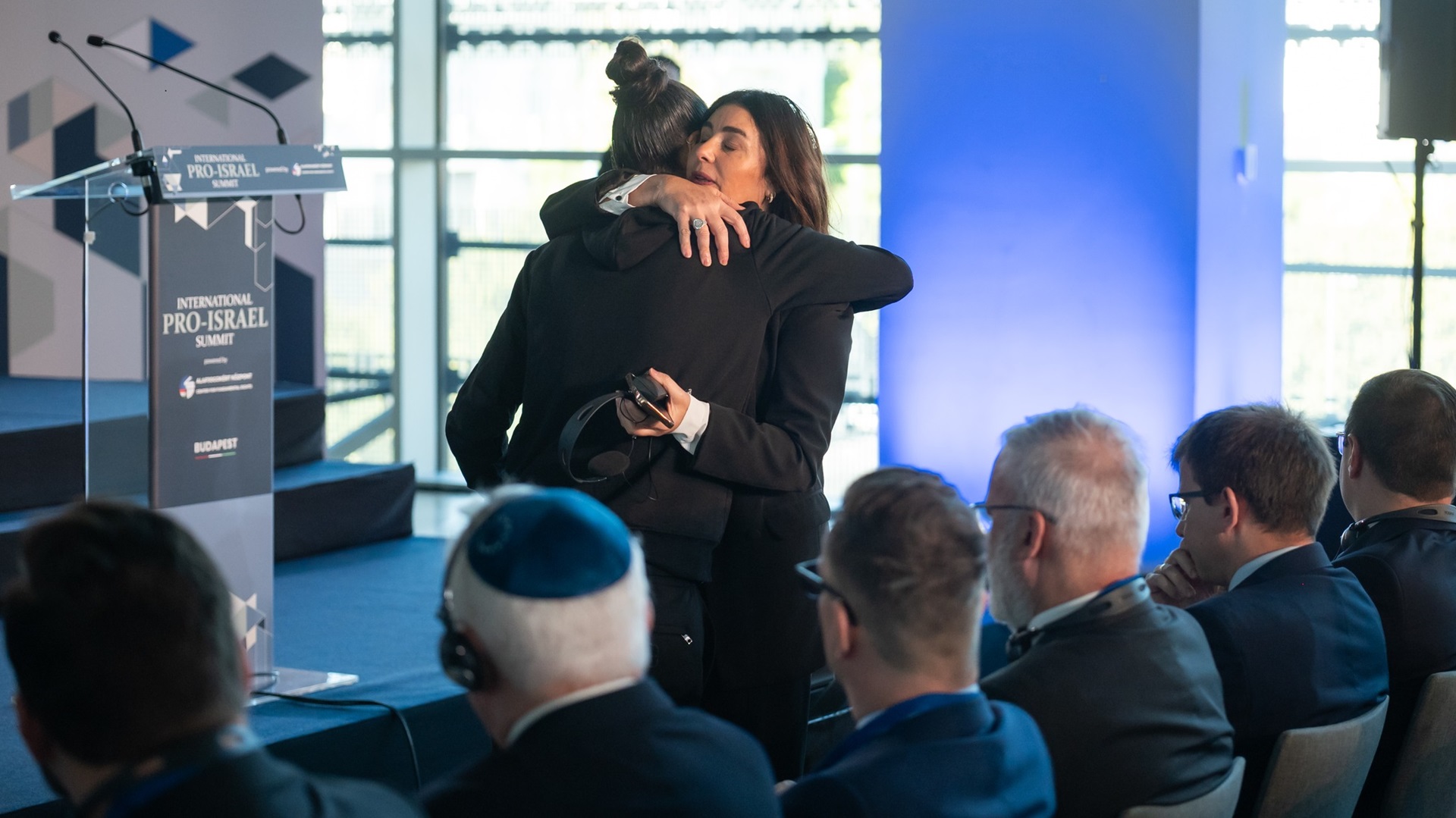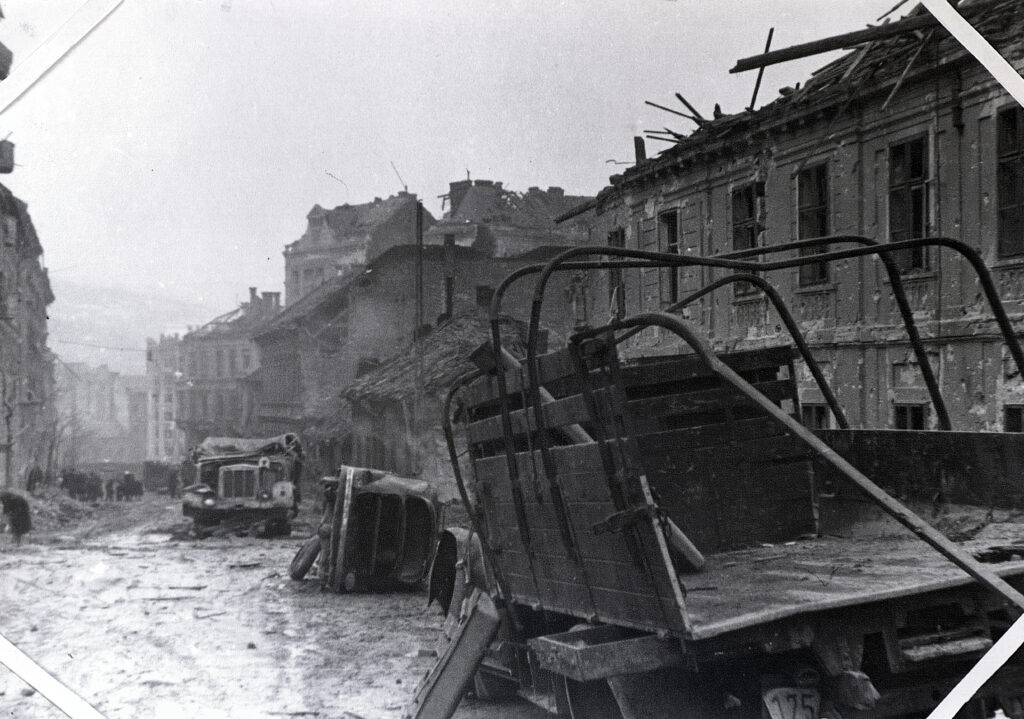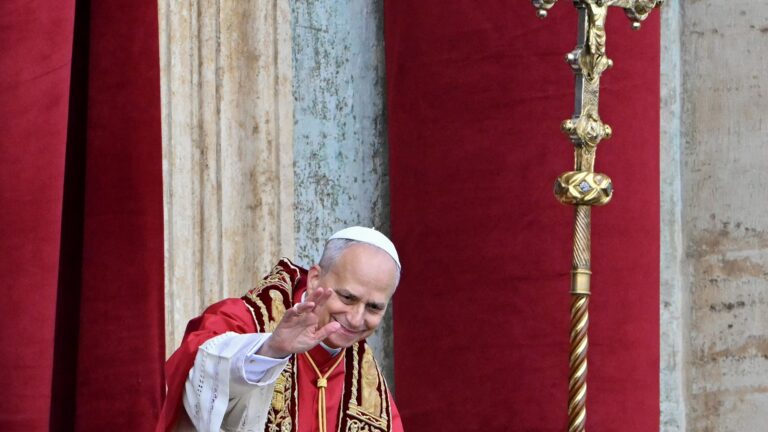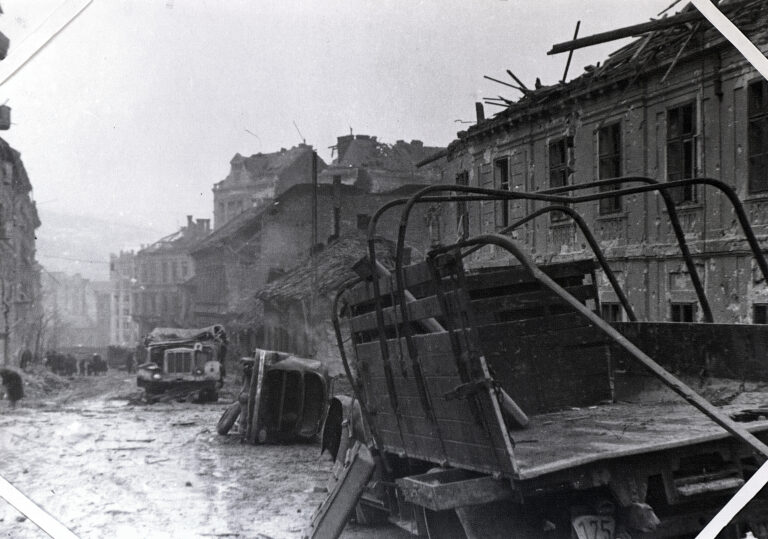The second International Pro-Israel Summit hosted by the Centre for Fundamental Rights took place on Tuesday, 1 October at the Museum of Ethnography in Budapest, Hungary. That date turned out to be quite a fateful one in the Middle Eastern war, as this was the day that Iran launched its missiles at Israel. However, that happened after the panel discussions concluded.
István Kovács, Strategic Director for the Center, introduced the first panel with a short speech. He, however, was admittedly under the influence of the witness testimonies from survivors of the 7 October attack, so he was quite emotional at the start of his speech. He drew a parallel between the countries of Israel and Hungary. As he put it, both are located on cultural and ethnographic islands. Hungary is a unique Hungarian nation in a sea of Slavic nations; while Israel is a Jewish state in a sea of Arabic nations. Also, both people have lived through recent historical trauma. For the Israelis, it was the horrors of the Holocaust; while for Hungary, it was the injustice of the Treaty of Trianon and the oppressive communist regime.
On the current backlash against Israel from the left-wing, progressive circles, Mr Kovács had this to say: ‘The left is afraid of Israel’s success of national survival because it stands on the pillars of faith and tradition’.
Then, Elie Pieprz, international director for the Israel Defense And Security Forum, and Israeli international lawyer Ron Soffer joined him on stage for the first panel of the day.
Mr Pieprz commented on the Israeli Defence Forces breaching the Lebanese border to come after the Hezbollah terrorist group. He described it as ‘a new phase of the current war, not a new war,’ and welcomed the development. He also called Hezbollah an Iranian proxy, as well as a bigger threat to Israel than Hamas; and stressed that ‘this war is really about Iran’. He was proven correct shortly after.
‘The left is afraid of Israel’s success of national survival because it stands on the pillars of faith and tradition’
Mr Soffer talked about the arrest warrant against Prime Minister Benjamin Netanyahu of Israel by the Chief Prosecutor of the International Criminal Court (ICC) in May 2024. The speaker believes that it is just another piece of anti-semitic propaganda; and denied that the Israeli government is using starvation as a means of war, since it in fact is feeding civilians in Gaza. He also called the warrant a ‘diplomatic disaster,’ and lamented the fact that it has restricted PM Netanyahu’s ability to travel in Europe.
Mr Pieprz took back the floor, telling the audience that a ‘very different Israel woke up on 8 October, an Israel that is resolved, resilient, defiant, and also grieving’. Meanhwile, Mr Soffer stressed the war could only end with the surrender of Hezbollah.
For the next panel, Hungarian Ambassador to Israel Zoltán Szentgyörgyi; Jerzy Kwaśniewski, president of the Polish conservative think tank Ordo Iuris; MEP Ondrej Knotek for the Czech ANO party; and Bryan Leib, Senior Fellow at the Center for Fundamental Rights took the stage.
Ambassador Szentgyörgyi shared that he served as the chief diplomat to Israel once already, between 2008 and 2013, and was stunned by the ‘incredible progress’ the country had made when he returned in 2023. He also recalled that when he first heard of the 7 October attack, he thought it was ‘fake news,’ something that could never happen to the State of Israel. The attacks also prompted ‘unified response in a divided Israel’.
Mr Leib recalled that he was actually on his first trip to Hungary when the 7 October attacks unfolded, and was touched by the overwhelming outpour of comradery and love’ he received from Hungarians as a response. He also lauded the fact that Hamas leader Hassan Nasrallah had been recently killed by the IDF; then talked about the upcoming presidential election in his home country, the United States. He opined that a potential Harris presidency would bring the hostility between the US and Hungary, as well as between the US and Israel to a whole new level. Meanwhile, a second Trump term would bring those relations back to their ‘golden age’ under the first Trump presidency.
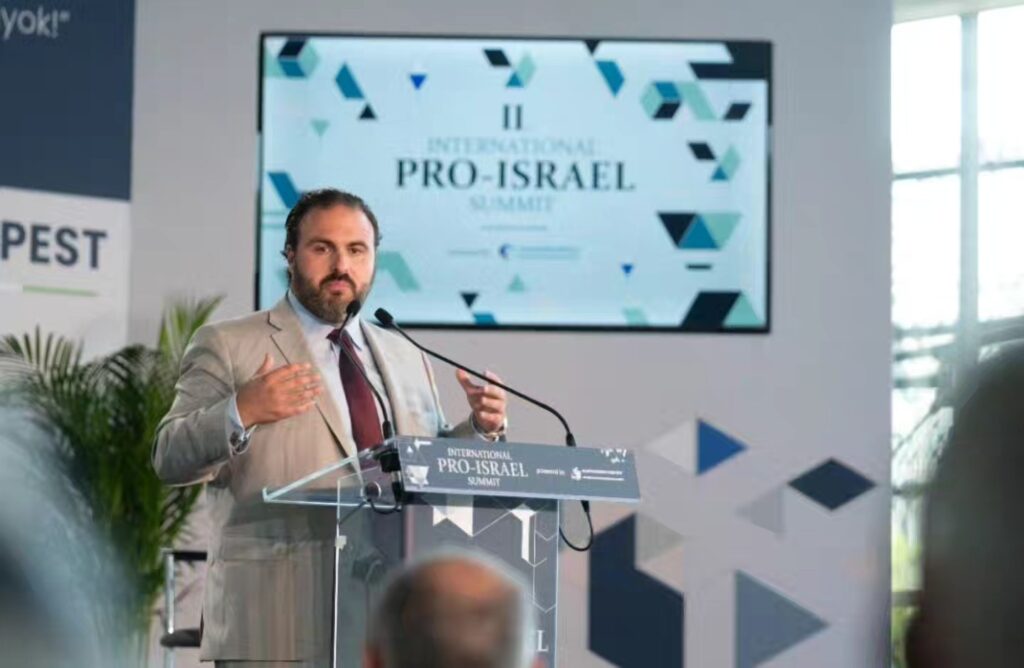
MEP Knotek spoke of how EU Commission President Ursula von der Leyen gave her support for Israel in the immediate wake of the attack. However, that support of the EU, especially in Western Europe, has since waned. Meanwhile, Mr Kwaśniewski raised awareness about the proposed amendments to the EU treaties, which would make the Union’s foreign relations a federalist competence, taking it away from the Member States. This would mean, he pointed out, that the pro-Israel Centre-European countries would have to give up their pro-Israel foreign policies if passed.
Related articles:

